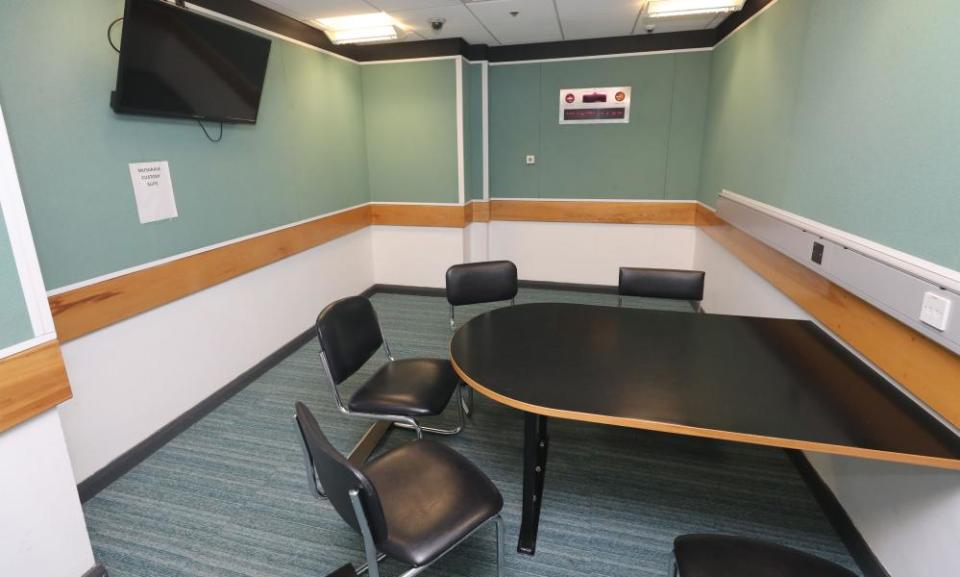Charities raise concerns over remote legal advice in police interviews

The rights of children and vulnerable people in police custody are being put at risk during the pandemic by problems with the remote provision of legal advice, charities have said.
While suspects normally have a right to a lawyer being present during police interviews, research shows that legal support was provided remotely to children and vulnerable adults in more than half of 4,700 police station interviews during a snapshot period last year.
Charities say the potential for miscarriages of justices is being stored up as a result of issues such as confusion among interviewees who sometimes felt pressured to agree to getting advice remotely. They say consent was sometimes ignored or not sought.
Some solicitors refused to attend in person even though the child or mentally vulnerable client was accused of a serious crime such as attempted murder or rape.
The findings come in a report by three charities – Fair Trials, Transform Justice and the National Appropriate Adult Network – which are calling for an end to remote legal assistance in police custody.
They are based on a survey between 1 September and 17 November of “appropriate adults” (AAs) – trained volunteers who have continued to attend police custody to support children and vulnerable adults.
Jago Russell, the chief executive of Fair Trials, said courts would have to grapple with whether they could rely on incriminating statements given in police interviews over the past year where solicitors had given advice over the phone or by video call.
“In the past, miscarriages of justice have been caused by the failure to protect suspects in the police station, which is why people have the right to in-person legal advice free of charge,” he said.
The report says providing legal assistance remotely sometimes impaired people’s ability to understand what was happening and the advice they were being given. Some solicitors were less likely to intervene and suspects were less likely to ask questions.
“I have had [suspects] ask legal-type questions after phone consult which I wasn’t able to answer … [Suspects] were offered another phone chat but to ‘save time’ decided to carry on even though they had questions,” said one AA.
Another said they knew of at least five serious cases involving suspects under the age of 16 and allegations of murder or rape in which solicitors had refused to attend the station.
The Law Society of England and Wales and the National Police Chiefs’ Council referred to protocols designed to keep custody centres safely open.
The Law Society, the professional body for solicitors, agreed that face-to-face legal advice for all suspects at stations was preferable, but stressed that safety had to be a priority. Solicitors and police station representatives have been among those to have died from Covid-19.
The society’s president, David Greene, said each station was different in terms of how possible it was to apply safety measures, and that the people involved differed in terms of their needs to shield and their willingness to take risks.
There were cases where personal attendance was vital, and solicitors continued to make individual judgments, he said, but “business as usual” was not an option given factors including the near-impossibility of making many custody suites Covid-safe.
He added: “What should happen and what safely can happen during the pandemic are not going to be the same, and in this extraordinary situation there will of course be isolated examples of solicitors – and police officers, and appropriate adults – making decisions that could be questioned. But sometimes there is no right answer, only a choice as to which wrong answer is the least wrong.”
Deputy chief constable Nev Kemp, the National Police Chiefs’ Council lead for custody, said the pandemic meant forces had had to adapt and balance keeping everyone entering custody safe while ensuring they still played their role in the criminal justice process.
“Whilst we recognise that there may be some reluctance by legal representatives to return to custody centres routinely, they are entitled to the same level of protection and PPE as custody staff and this will be provided if required free of charge,” he added.

 Yahoo News
Yahoo News 